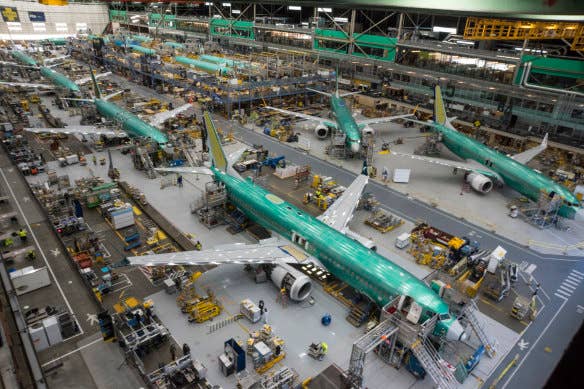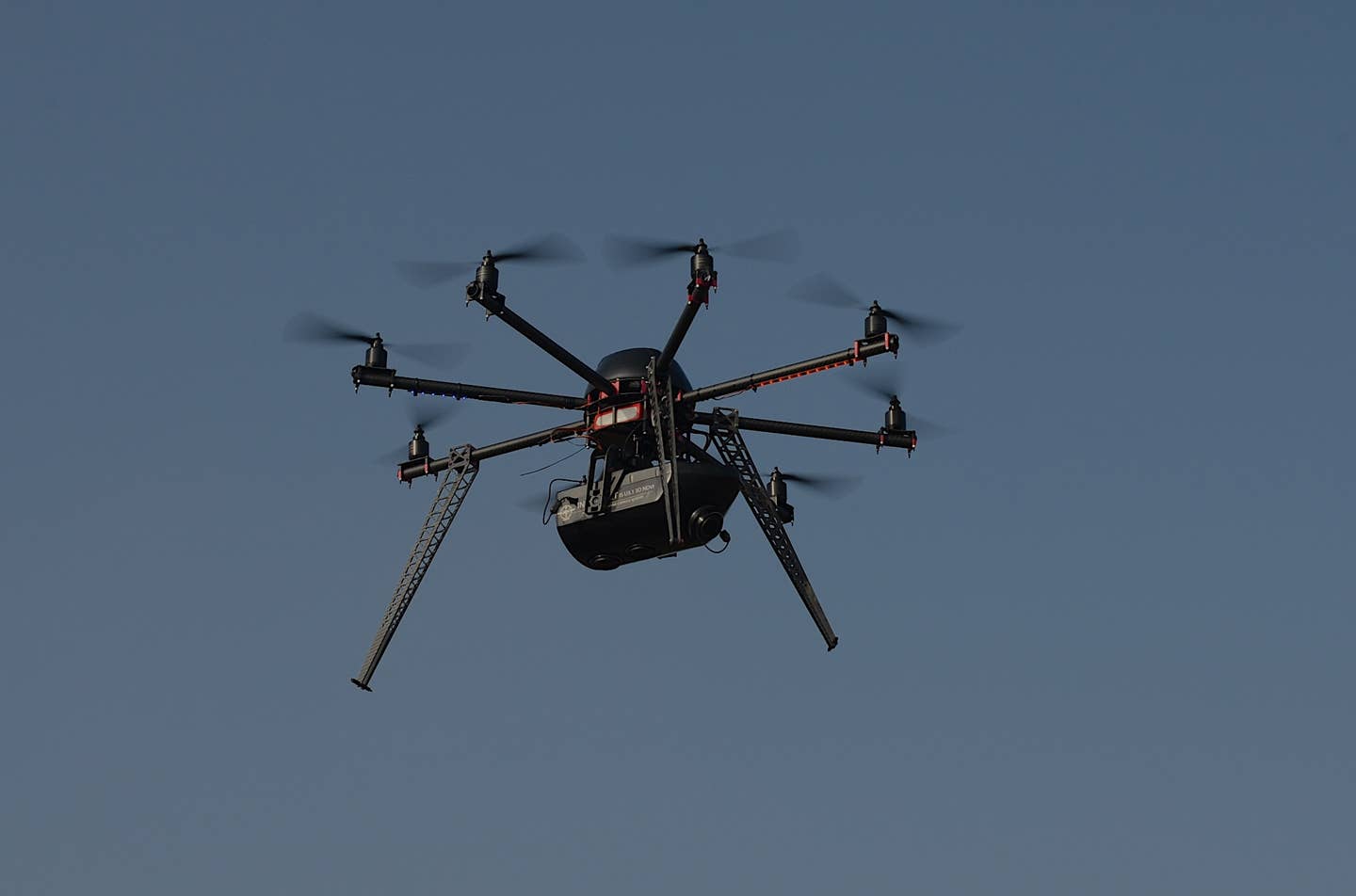MAX Output Down Two-Thirds
As expected, the increased scrutiny of Boeing by the FAA and the company’s own internal quality checks have bogged down production and that will have a cascading effect on airlines…

As expected, the increased scrutiny of Boeing by the FAA and the company's own internal quality checks have bogged down production and that will have a cascading effect on airlines waiting for new planes. Boeing is authorized by the FAA to make up to 38 new 737 MAX aircraft, but Reuters said it's making only about a third of that. The production rate is determined by the number of first flights of new aircraft. It reported that consulting company Cirium Ascend counted 11 maiden flights in February and 13 in March. Meanwhile, Airbus is kicking an average of 46 A320neos out the door each month.
Boeing said it's tightened up production of the planes and the reduction in output is the inevitable result. Among the measures is stopping the production line when completion of a task at one station is delayed. To keep things moving in the past, whatever job didn't get done would be noted and it would be completed at a station further down the line.
The production cut has hit United Airlines to the point that it's asking pilots to take unpaid leave in May. In fact, they can take the whole month off if they want to or take specified stretches of time off. They can also have a "blank schedule" for the month in which they can pick specific flights and trade pairings between themselves. A union memo says the flex time is only for May but there may be schedule juggling into the fall. "While the delivery issues surround our 787 and 737 fleets, the impact will affect other fleets as well," the union said in a memo on Friday. "Program selection and duration is not known at this time."






